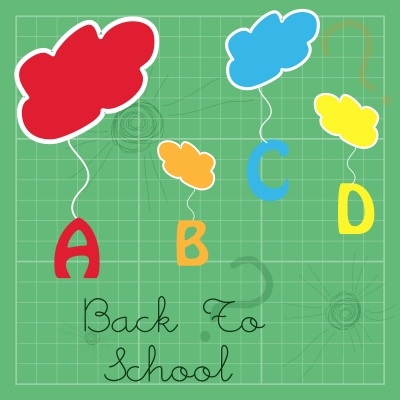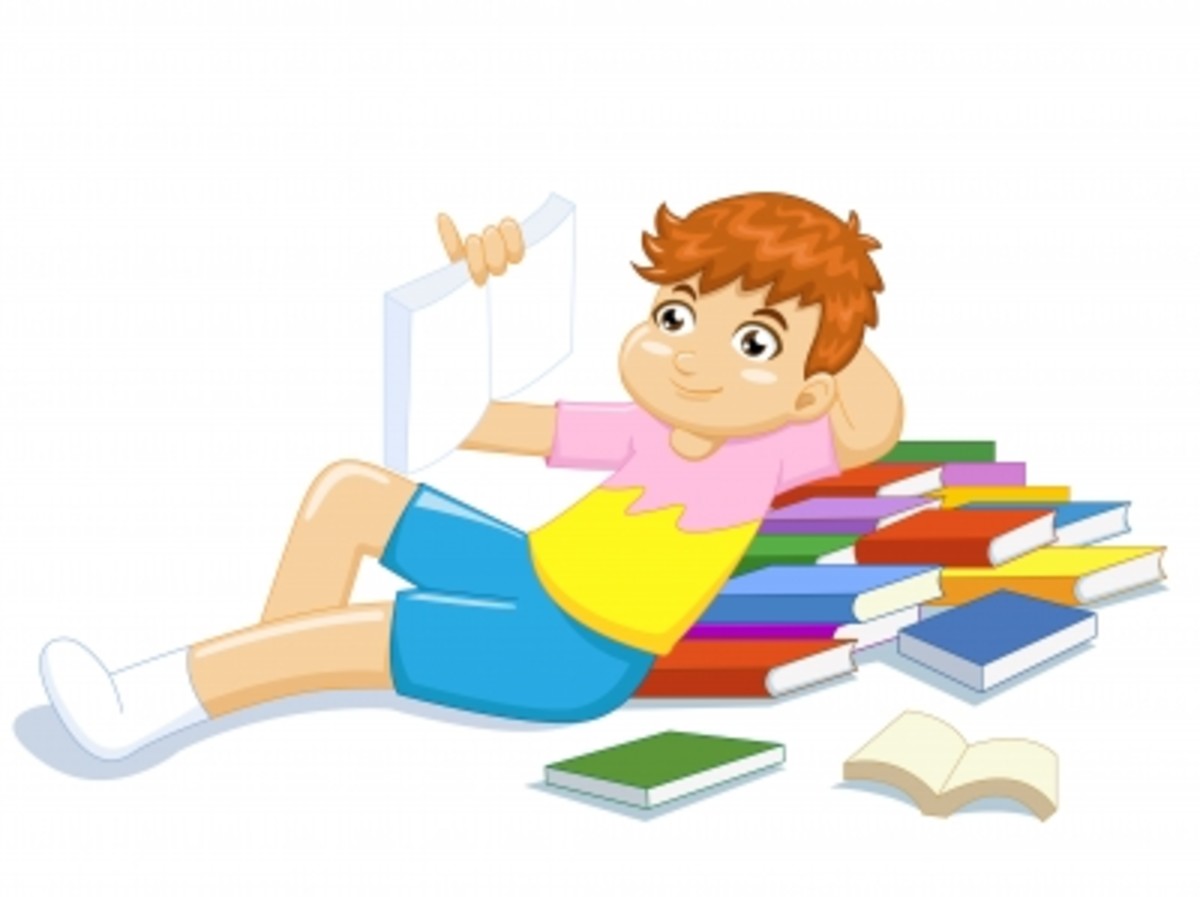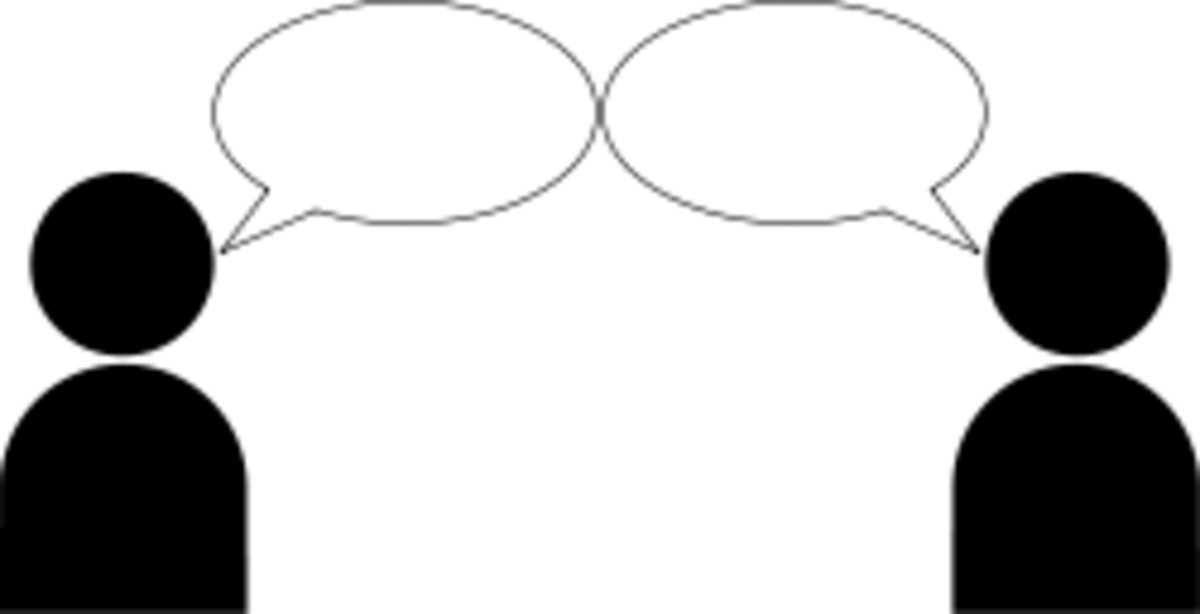5 Best Ways to Learn a Foreign Language
English is my native language. In addition to this, I speak one particular Slavic language fluently, and have a decent understanding of two other unrelated languages. I know what is involved in learning a foreign language, especially when it is light-years apart from the structure of your own. It is far more difficult for an American to learn Russian, and vice versa, than it is for an Italian to learn French. But all languages can be learned if you put some effort into it. This article will give you some tips on the best ways to learn a foreign language in the fastest way possible. And believe it or not, none of them involve going on holiday in the country in question -- that rarely works.

Learning as a child
This is the best way to learn a foreign language, either via a native-speaking au pair or a native speaking teacher in the home or immersion-based preschool that teaches in the language you want your child to learn. It is easiest for children to learn a new language for 2 basic reasons. Firstly, their brains spend a lot of time in Theta up to a certain age, which is why their brains are like sponges, and secondly, they haven't yet convinced themselves that they can't learn how to do something, which is how many adults view themselves.
When it comes to children learning a language, I can personally tell you that a 3 or 4 year old child who speaks not one word of English could reach 95% fluency in 2 months time with the right teacher. (Note, I did say with the right teacher.) Older kids, let's use 8 as an example, could be placed into a basic school in a foreign country and basically be forced to learn the language or fail the year -- and most of these kids will succeed at that age, but most of them will also describe it as a horrible, horrible experience. But they will likely be totally fluent by year two. I wouldn't recommend trying this with children older than 8 or 9 though, as it does get harder the older they get.
Learning as a tween or teen
Most kids in Europe start learning a second language in basic school, which is a bit of a late start IMO, but certainly far ahead of most of their American counterparts. Which is why most of them are at least functionally fluent in a second language by the time they graduate, whereas most American kids heading off to college can still only communicate in English. If schools are not providing an adequate foreign language education, enrollment in a language school, or the hiring of a native-speaking private tutor is the best way to speed things along.
Learning as an adult
Adults have a more difficult time learning a second language, because they tend to go in thinking they can't. And if they think they can, they think it will take eons of hard work. This is not the case. The first year is usually the most difficult, but once you break through the basic barrier, language skills really start to build upon themselves and you will find yourself suddenly understand things on a more intuitive level, the same way a native speaking child would when hearing new compound words for the first time.
-
Private Language Lessons: These are likely to be the best choice if you can afford them. In person is the best option, but if you can't swing that -- or if you can't find a native speaking teacher in your area -- Skype is a great alternative. If you have a book to study from, you can work at home and then have weekly lessons with a teacher on Skype and many accept payment by Paypal. Private 90 minute lessons will give you more individual attention than sitting in a classroom would.
-
Language Schools: Language schools are the next best alternative if you can find one where they have a native speaking teacher. If you cannot find one, see the above option of finding a private tutor on Skype.
-
Book Self-Teaching: This is not possible for every language, but it actually is possible to teach yourself from a book in some cases. When it comes to some of the Slavic languages, for example, the language is completely phonetic (with some rare exceptions that will not matter much) and once you've learned the alphabet sounds, you will have also learned how to pronounce nearly every word in the language. Of course, you might need some basic help first learning the sounds, but there are usually free sites out there with sound bytes to help you do that. I learned quite a lot via a book on my own, and from that stage I was able to start communicating with the natives.
-
CD/DVD Self-Teaching: I went the old-fashioned route of just doing it by the book, but there are loads of systems now, such as Rosetta, that can really help you learn a new language in a short amount of time. If this is in your budget, by all means, try it. And you can always compliment your studies by arranging for conservation lessons with a native speaker, either in person or on Skype.
-
Moving to the Country Itself: Notice that I did not say go on holiday there -- what a load of rubbish! It's amazing that people think they can just show up in France, spend the summer there, and come away fluent in French. I think most people know this is silly, but you'd be amazed by how many people I've met who've tried such things. If you move to a foreign country, you can immerse yourself and struggle through it and figure things out, but it's not going to happen overnight -- and you'll probably still need to take some lessons along the way, though it should be very easy to find a teacher.
But don't fall in the expat trap if you intend to get fluent, as the first thing people tend to do is seek out expats from their home country and then spend most of their time using their own native language. And no, you will not learn via osmosis. My ex has lived in this same country for as long as I have, and the most he can say is hello, goodbye, please and thank you. And he can probably count a bit, as well, but that's about it.








